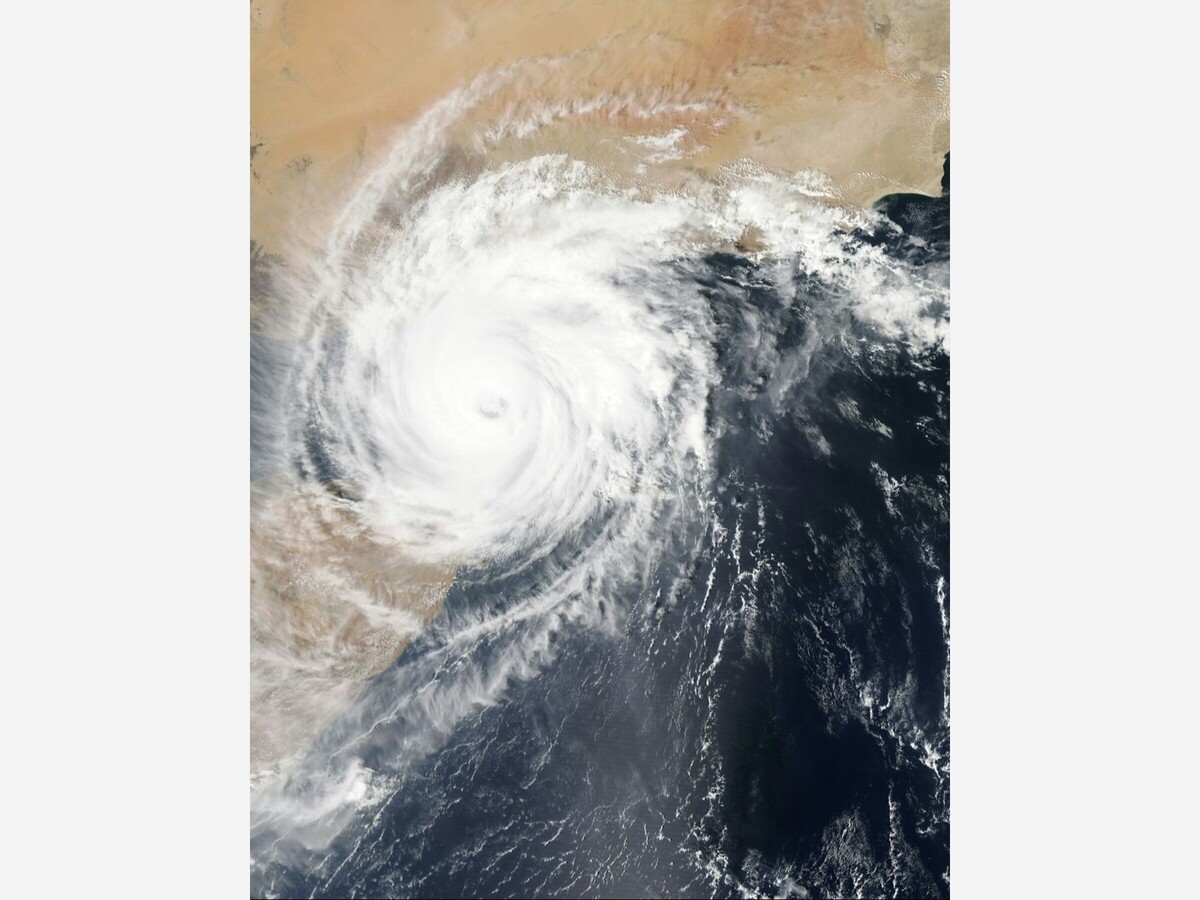Image


Artificial intelligence is a broad term that refers to various digital tools trained to perform a wide range of complex tasks that might previously have required input from an actual person. Generally, what these technologies have in common is their ability to rapidly process and find connections among vast amounts of disparate data.
This makes AI particularly good at things like forecasting and running simulations. And unlike traditional computer programs, AI tools can typically continue learning over time as new data is available or as the systems receive new feedback about the quality of their outputs.
While scientific discovery used to be reliant on humans’ ability to gather, observe and analyze evidence, computers can now process large datasets, identify patterns and run digital experiments in a fraction of the time that human researchers would need.
As a result U.S. Senators Ben Ray Luján (D-N.M.), Brian Schatz (D-Hawai‘i), Laphonza Butler (D-Calif.), and Peter Welch (D-Vt.) this week introduced the Transformational AI to Modernize the Economy (TAME) against Extreme Weather Act, legislation aimed at promoting the adoption and implementation of artificial intelligence to better predict and respond to extreme weather.
Each year, extreme weather threatens human life and economic prosperity. Between 2013 and 2022, the federal government reported 5,291 deaths and nearly $256 billion in property and crop damage as a result of disasters. The toll of extreme weather has intensified in recent years. In 2023 alone, the U.S. experienced 28 distinct extreme weather events, resulting in at least 492 deaths and each costing at least a billion dollars.
“As extreme weather impacts communities in New Mexico and across the country, we must leverage every tool in our disposal to improve weather forecasting,” said Senator Luján. “I’m proud to join my colleagues in introducing this legislation that improves federal capabilities to use artificial intelligence to better predict emerging weather patterns, ensuring our communities are well-informed and prepared.”
“By using extraordinarily powerful AI tools to confront extreme weather, we can save lives and communities,” said Senator Schatz. “This bill would require federal agencies to adopt AI tools in ways that improve weather forecasts, increase grid resilience, and improve environmental review, while also maximizing federal resources and strengthening public-private partnerships in advanced computing.”
“As climate change threatens to upend the homes and livelihoods of thousands of Californians, we must ensure our communities are equipped to take smarter action to combat extreme weather and climate impacts at every turn,” said Senator Butler. “The TAME Against Extreme Weather Act would take steps in assisting federal agencies with cutting-edge, AI tech to meet the unprecedented challenges of climate change head on.”
“Extreme weather is only getting more severe and more frequent. We need to use every tool at our disposal—including artificial intelligence—to save lives and livelihoods. By requiring federal agencies to use AI in proactive ways, such as boosting grid resiliency and improving weather forecasts, this bill will allow us to better predict and respond to extreme weather events and mitigate their impacts,” said Senator Welch.
Specifically, the TAME Extreme Weather Act directs three relevant federal agencies with a particular nexus to extreme weather to use AI tools:
The TAME Extreme Weather Act encourages academic and private sector collaboration to acquire data and explore new public-private partnerships that advance research and development in these technical and capital-intensive fields. The bill requires the development and curation of publicly available environmental datasets, allowing scientists, businesses, and the public to benefit from government technological advances. These datasets will help ensure the strength and quality of the data used to train AI systems and their positive applications. Additionally, the bill requires agencies to develop and disseminate best practices to minimize the environmental impacts of AI.
Per a release from the Center for Data Innovation welcomes the introduction of the Transformational AI to Modernize the Economy (TAME) against Extreme Weather Act. The Center issued the following statement from its senior policy analyst, Hodan Omaar:
The TAME Extreme Weather Act—legislation that requires the federal government to use AI for addressing extreme weather—is an example of the type of forward-looking AI policy the United States sorely needs. Among the growing corpus of AI regulatory actions, very few embrace a positive view of AI and seek to use it to shape how we fight disease, tackle hunger, manage our lives, or enrich our minds. AI offers enormous societal and economic benefits, but realizing these benefits requires more than just public and private investments in the development of AI; the United States also needs a multipronged national AI adoption strategy to ensure these opportunities are translated into all the areas where they can make a positive difference in people’s lives.
The TAME Act is an excellent—and necessary—step toward this goal. Accelerating public sector adoption of AI is one of the most straightforward and effective steps Congress can take to spur AI progress. This bill focuses on specific actions the Department of Energy (DOE), Department of Agriculture (USDA), and National Oceanic and Atmospheric Administration (NOAA) should take in environmental sciences and climate, and its proactive approach should serve as a blueprint for policymakers across various sectors, including healthcare, transportation, and education. Doing so will ensure that AI’s benefits are maxi
Better assessing future risks for farming and protecting coastal and urban areas is a few of the ways artificial intelligence technologies are being used to address the climate crisis.